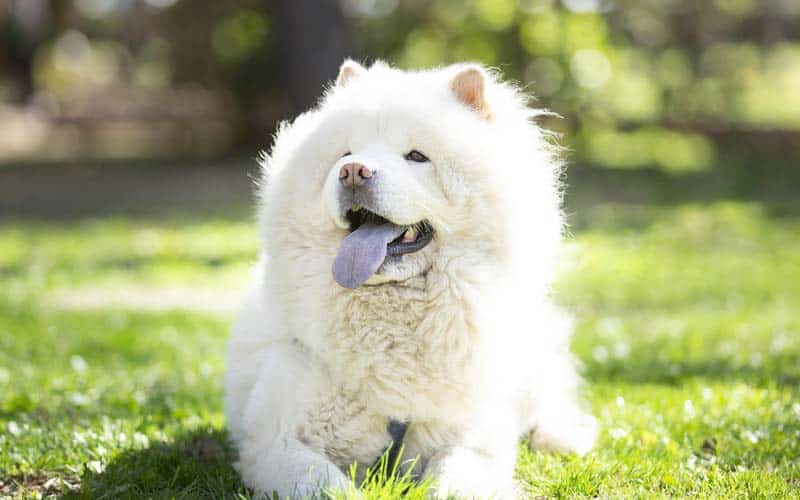Dogs have long been considered one of the most loyal and affectionate pets a person can have. With their unwavering love and devotion, it’s no wonder that they are referred to as “man’s best friend”. However, not all dogs exhibit the same behavior and some breeds have been associated with aggressive and reactive tendencies. This raises the question, does breed play a significant role in determining a dog’s level of aggression and reactivity?
The truth is that dog aggression and reactivity are complex behaviors that are influenced by a variety of factors including genetics, environment, training, and socialization. While some breeds may be more prone to these behaviors, it’s important to note that not all dogs of the same breed will exhibit the same traits. In fact, a dog’s individual personality and life experiences are much more significant factors in shaping its behavior than its breed.

Breeds such as Pit Bulls, Rottweilers, and Dobermans have been frequently stigmatized as aggressive, but in many cases, these dogs are unfairly blamed for aggressive behavior. The real cause of aggressive behavior in dogs is often poor training, socialization, or abuse, and any breed of dog can display aggressive behavior if not trained and socialized properly.
On the other hand, breeds such as Labrador Retrievers, Golden Retrievers, and Beagles are known for their friendly and non-aggressive nature. These breeds have been selectively bred for their friendly and companionable temperament, but even these breeds can become aggressive or reactive if not properly trained and socialized.

Breed does play a small role in determining a dog’s level of aggression and reactivity, but it is important to remember that every dog is unique, and its behavior is largely shaped by its training, socialization, and environment. The best way to prevent aggressive and reactive behavior in dogs is to provide positive reinforcement training, early socialization, and a loving and safe environment. By doing so, you can help your furry friend become a well-behaved and loving companion for years to come.